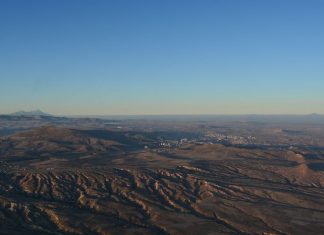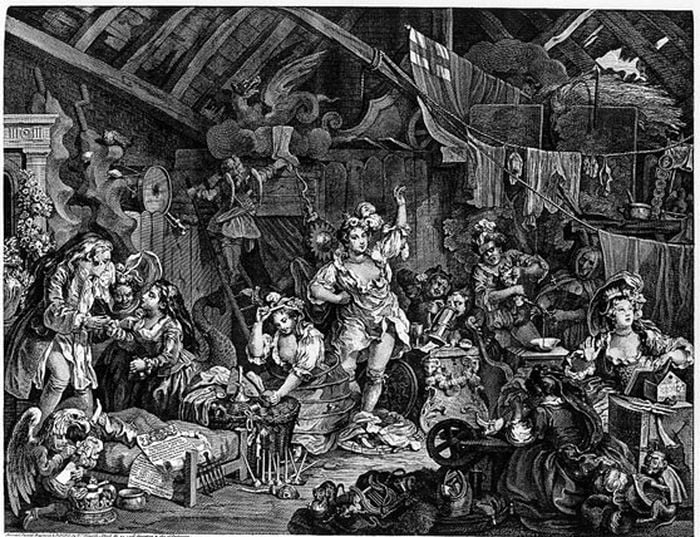In matters of government and religion, Alexandria did what it needed to do to remain on good terms with Constantinople, if always with reservations. And so the city thrived as the sort of place where a merchant with religious ideas could fancy himself a writer and produce a large book, lavishly illustrated, to promote what he had to say. As ever with ancient sources, we need to remember how much has been lost, to think of how many other merchants were writing books of their own, and to consider what the philosophers and monks were doing to fertilize the pool of ideas ever in circulation. Athens in the fifth or early sixth century may have boasted traditionalist intellectuals of great acuity, but for the real action, it was Alexandria or nowhere.
Nothing suggests that Cosmas ever traveled west from Alexandria; nor did he have reason to. If you lived anywhere east and south of Constantinople, around the eastern Mediterranean to Alexandria, you had little cause to think of the people who lived west of your world: the people who spoke Latin. They were stuck in an earlier time, in a world of stunted development by comparison with the sophistication and prosperity of the east. The cities of the western provinces were still in the hands of a small elite, drawing their power from agricultural holdings, and populated with tradesmen Alexandria never forgot that across the Mediterranean, craftsmen, slaves, and those who might have been better off if they were slaves.
Achieved the kind of economic independence
No western city had ever achieved the kind of economic independence that was commonplace among even modest communities in the eastern Mediterranean, and thus none developed the robust bourgeoisie of professionals, local merchants, and aspirants to higher things that marks a true city. The only upwardly mobile people in western cities of late antiquity were the clergy. Outside the cities, mere county seats for their surrounding agricultural communities, the countryside operated far too much like a plantation society for its own good, and it advanced astonishingly little in economic and social terms during the five centuries from Augustus to Justinian. Out in the wild, brigands, derelicts, marauders, and holy men proliferated—dispossessed people with no natural economy in which to find a fresh home.
Cosmas, like all ancients, was certain that the Pillars of Hercules stood at the westernmost end of the known world. Nothing in his milieu would make him think westward travel might be worthwhile. For him, the west might as well have not existed. We, however, will make our own visit that way soon enough.








